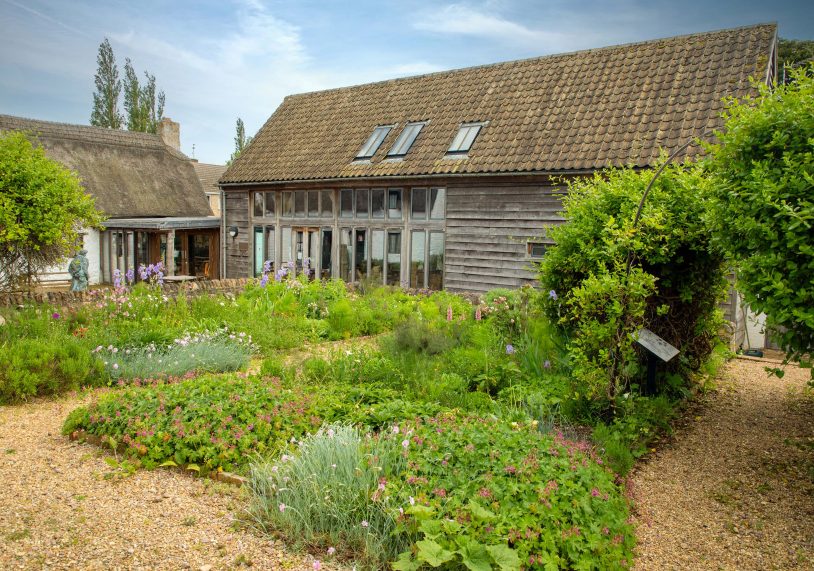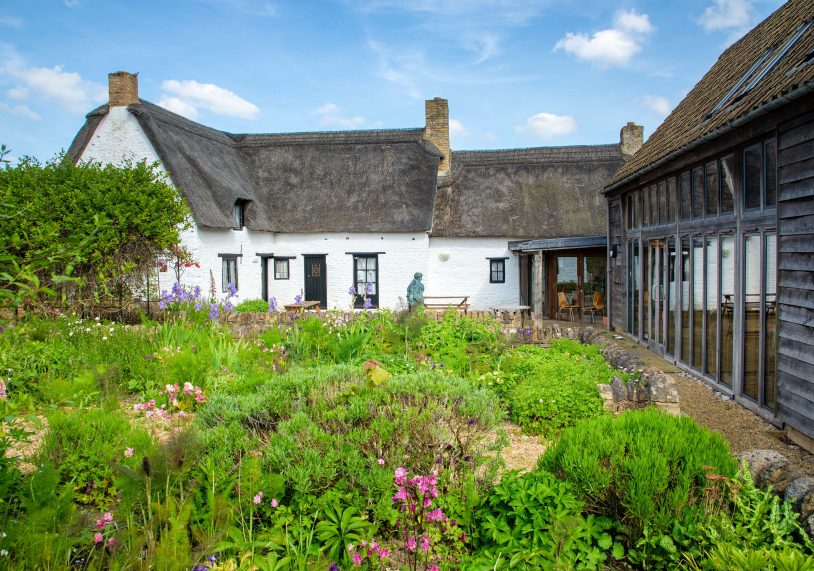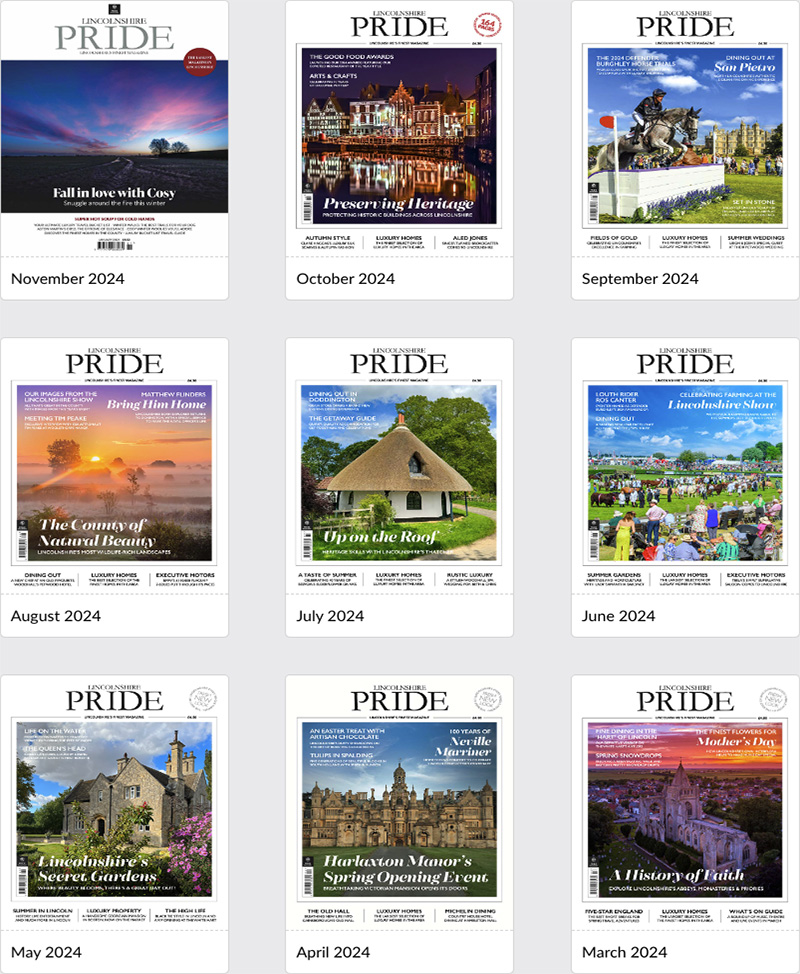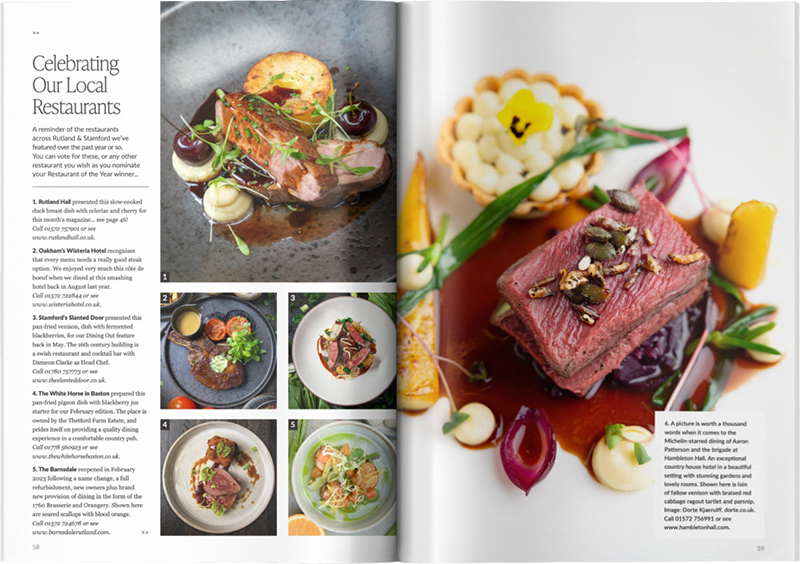
Celebrating 15 Years of the Poet’s Garden
Back in 2009, a group of volunteers armed only with trowels, a wheelbarrow full of compost and some Heritage Lottery Funding completed the restoration of the cottage garden at John Clare Cottage in Helpston

This year marks the 15th anniversary of the restoration of John Clare Cottage at Helpston, equidistant between Stamford and Peterborough. Clare was born in July 1793 to a poor family, working as a gardener at Burghley House, an agricultural labourer and a pot boy at the local pub (The Blue Bell at Glinton). Having enlisted in the militia and after living with gypsies for a short while before working at a lime burner, Clare was obliged to accept parish relief.
His early poems were sold by John Taylor of Taylor & Hussey, with a view to trying to earn enough money from them to prevent his parents’ eviction from their property in Helpston.
Poems Descriptive of Rural Life and Scenery in 1820 and Village Minstrel and Other Poems were lauded. With an annuity of 15 guineas from the Marquess of Exeter and an annual income of £45, Clare’s financial woes eased temporarily until his 1827 collection of poems, The Shepherd’s Calendar, proved less than successful. Working the fields did nothing for the poet’s ailing physical health either. And with bouts of depression and significant alcohol consumption, the ‘peasant poet’ was soon hospitalised in the first of several asylums including Northampton General Lunatic Asylum in which he wrote I Am, his most famous poem in 1944/1845, around 10 years prior to his death.
John Clare Cottage was a sanctuary for the poet and its cottage garden was not only a reflection of Clare’s agricultural and horticultural knowledge, but an important resource, too, for the family to grow food and medicinal herbs. In 2004 a trust was formed by Dr Paul Currie with a view to restoring the gardens, ensuring they remain open to visitors but also accurately reflects the likely flowers, fruit, vegetables and herbs which would be been grown there during Clare’s life.
Between 2004 and 2009 the half-acre site was restored, with the concept of the garden created by Adam Frost initially for a show garden at RHS Chelsea, before it was transplanted to the site of the cottage. The Trust also partnered with Cambridge University Botanic Garden to ensure only appropriate heritage varieties of plants and flowers were used.
Within a decade or so the fund was repaid, and ever since the garden has been held in trust for future generations to enjoy. Sharon Pallister is the manager of the property working with a team of four volunteer gardeners including long-standing volunteers Allen and Barbara.
The gardens are divided into three areas, the first being a courtyard with herbs that would have served medicinal purposes in Clare’s day. The second area is a traditional cottage garden which comprising three beds comprising, among other plantings, fruit and vegetable used in the cottage’s café.
In the summer, the beds will also be heaving with hollyhocks, roses including the vibrant pink rosa John Clare, plus aquilegia, alliums, foxgloves, and michaelmas daisies. The third area of the garden is the orchard with heritage fruit trees on what is believed to have been the site of a former quarry.
“The newer areas of the garden are maturing nicely with trees, hedging and flower borders are now all very well established,” says Sharon. “The garden volunteers have further developed the garden by planting new specimens, constructing compost areas and extending dry stone walls.”
John Clare’s birthday on 13th June is commemorated each year at the cottage with a festival, and this year is no exception with an evening of folk music on Friday 12th July, then a day of celebrations in the garden with poetry readings, children’s crafts and folk music.
Next month the gardens will also welcome The Pantaloons open air theatre company who will present their version of Robin Hood in the gardens. Clare noted of crowded places; ‘I shunned them as noises too rude, and flew to the silence of sweet solitude,’ it’s easy to believe that his place of sweet solitude was none other than the gardens of Clare Cottage, whose sense of solitude may also be enjoyed with a visit this month.
Beautifully maintained, peaceful and offering an insight into the peasant’s poet, Clare Cottage is a must-visit garden, all summer long.John Clare Cottage is open on Mondays and Thursdays from 10am-3pm. Entry £5.50/adult, £4.65/under 16, including GiftAid. Call 01733 253330 or see www.clarecottage.org. Clare Cottage, Woodgate, Helpston, Peterborough PE6 7ED.







